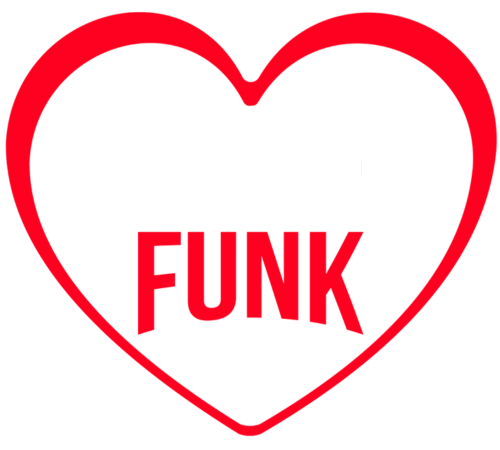Understanding Shanghai’s Unique Urban Identity
When people ask, “Is Shanghai a city?” the answer is both simple and complex. On the surface, Shanghai is indeed a city—one of the most famous in the world. Yet, its administrative structure, historical development, and global role make it far more than just another urban center. To understand Shanghai, one must look at its geography, governance, economy, and cultural significance.To get more news about is shanghai a city, you can visit meet-in-shanghai.net official website.
Administrative Status Shanghai is classified as a municipality directly under the central government of China, placing it on the same administrative level as a province. This means it is not part of any province but is governed directly by Beijing. Alongside Beijing, Tianjin, and Chongqing, Shanghai holds this special status. Within its boundaries, Shanghai governs 16 districts and covers an area of about 6,340 square kilometers. Its population exceeds 24 million residents, making it the most populous city in China and one of the largest in the world.
Geographical Importance Located at the mouth of the Yangtze River in eastern China, Shanghai has long been a strategic location for trade and transportation. Facing the East China Sea, it serves as a natural gateway between China’s vast inland regions and the global economy. This geographical advantage explains why Shanghai developed into a major port city and why it continues to play a central role in international commerce.
Historical Development Shanghai’s rise began in the 19th century, when it became one of the treaty ports opened to foreign trade after the First Opium War. The city quickly transformed into a hub of international business, finance, and culture. The Bund, with its European-style architecture, still stands as a reminder of this era. In the 20th century, Shanghai was often called the “Paris of the East” for its cosmopolitan lifestyle and vibrant cultural scene. After China’s economic reforms in the late 20th century, Shanghai once again surged ahead, becoming a symbol of modernization and globalization.
Economic Powerhouse Today, Shanghai is recognized as China’s financial capital. The Lujiazui area in Pudong, with its futuristic skyline dominated by the Shanghai Tower and the Oriental Pearl TV Tower, represents the city’s economic dynamism. Shanghai hosts the Shanghai Stock Exchange, one of the largest in the world, and serves as a hub for multinational corporations. In 2024, its GDP surpassed 5 trillion yuan, placing it among the top urban economies globally. The city is also home to one of the busiest container ports in the world, reinforcing its role as a global trade center.
Cultural Significance Beyond economics, Shanghai is a cultural melting pot. It blends traditional Chinese heritage with modern influences, offering everything from ancient temples and classical gardens to cutting-edge art galleries and international film festivals. The city is known for its distinct dialect (Shanghainese), unique cuisine, and vibrant nightlife. Its universities and research institutions also make it a center for education and innovation.
Global Role Shanghai is not only a Chinese city but also a global metropolis. It ranks consistently among the world’s top financial centers and is a leader in technology, trade, and culture. The city frequently hosts international events, such as the China International Import Expo, which highlights its role in connecting China with the rest of the world.
Conclusion So, is Shanghai a city? Yes—but it is also much more. It is a municipality, a financial hub, a cultural crossroads, and a symbol of China’s modernization. To call Shanghai merely a city is to overlook its complexity and global significance. It is a place where history and modernity coexist, where local traditions meet international trends, and where China engages with the world on every level.
- Art
- Causes
- Crafts
- Dance
- Drinks
- Film
- Fitness
- Food
- Jogos
- Gardening
- Health
- Início
- Literature
- Music
- Networking
- Outro
- Party
- Religion
- Shopping
- Sports
- Theater
- Wellness


